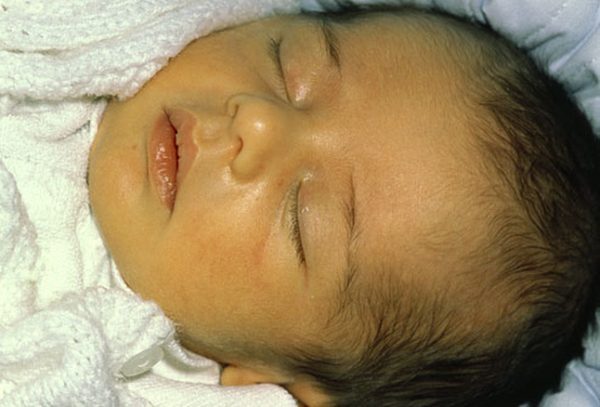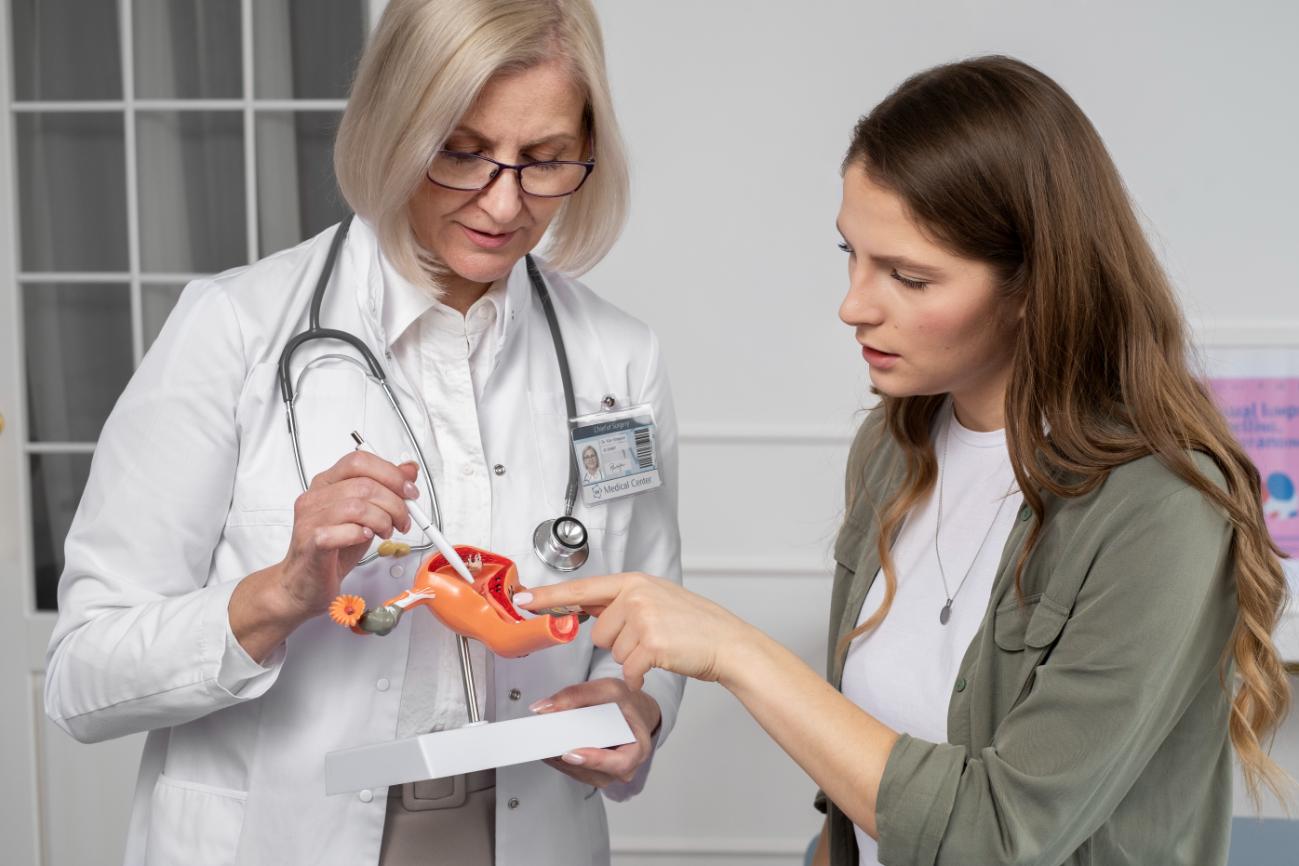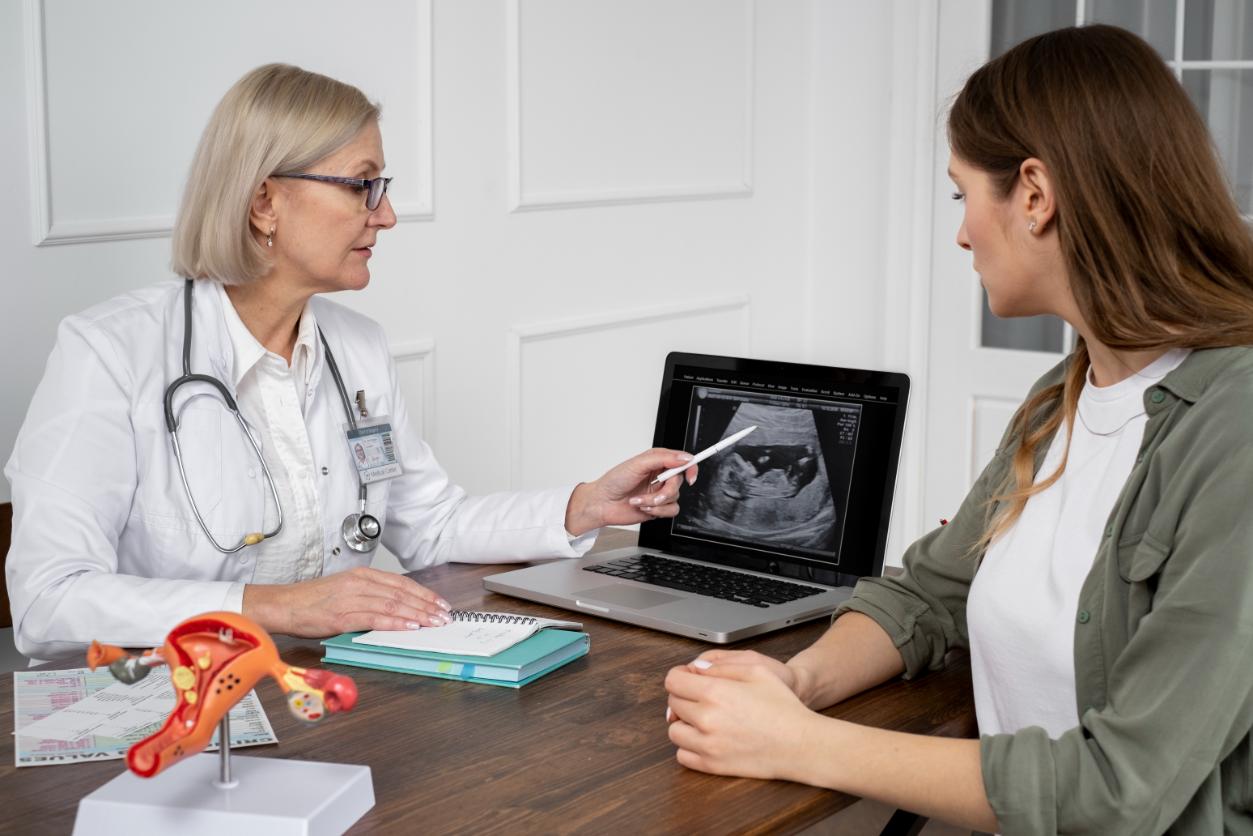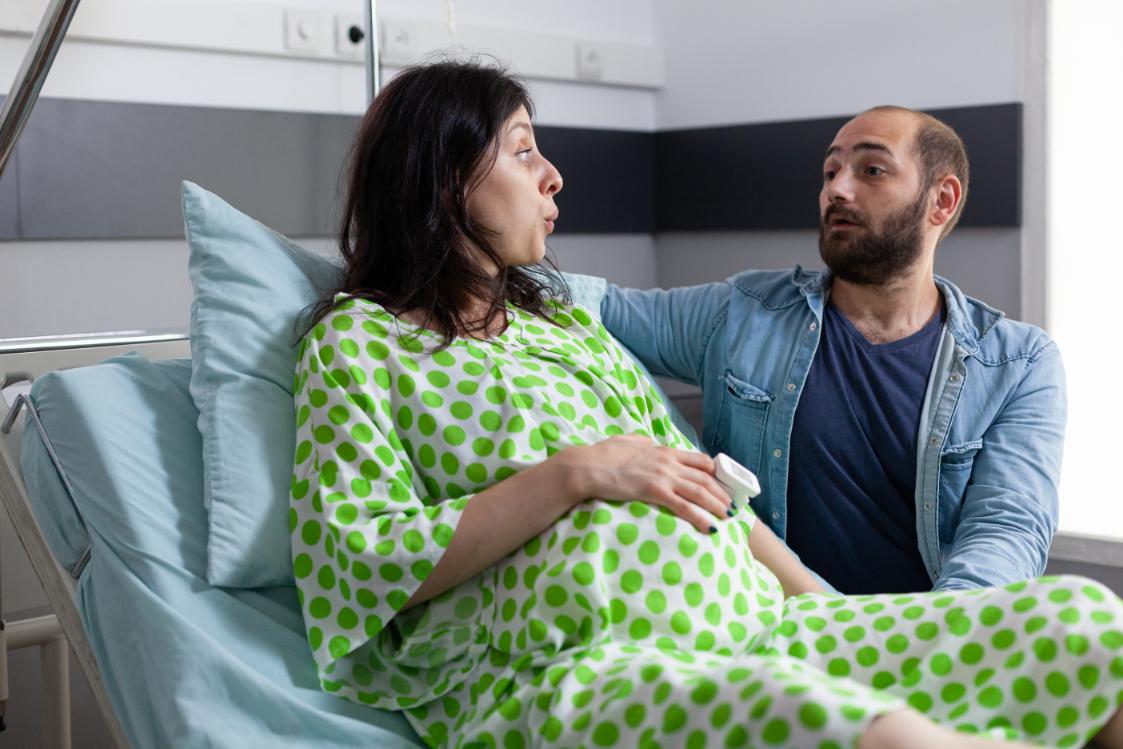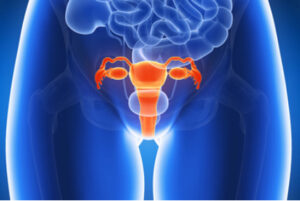
The uterus is where the woman’s power center for being life giving, nourishing, protecting and sustaining. The uterus is an organ with so much happening surrounding it from menstruation to pregnancy to childbirth to menopause. Even a little pain, bleeding, abnormality or discomfort in the uterus can put everything in the body off balance. When it comes to the health of the uterus it is best to leave nothing to chance.
Some of the commonly seen signs that signify issues with the uterus are abdominal pain, flank or lower back pain, infertility or early miscarriage, abdominal swelling or lump or bleeding. It is best to consult a gynecologist at the earliest in the case of such symptoms so that it doesn’t lead to serious complications.
Certain conditions can be more dangerous than others for the uterus.
Endometriosis – Affecting a number of women across the world, endometriosis is a common condition affecting the uterus. In this condition the endometrium or the inner lining of the uterus starts to grow outside the uterus. Once the disease gets advanced the pelvic organs along with the uterus can be affected. This lining will begin to grow on the ovaries, fallopian tubes, intestines, and even the bladder. This can lead to severe pain, especially during sex and periods and even infertility.
Adenomyosis – This condition also involves endometrial tissue that grows through the uterine walls. This can be in just one particular area of the uterus or even affect the whole uterus. Adenomyosis is difficult to be diagnosed with just a regular pelvic exam so many women may not even be aware of this. Severe cramps during the periods, heavy blood flow during the periods, bloating or pressure in the pelvic area are some symptoms of this.
Uterine fibroids – These non-cancerous tumors that develop in the uterus can be asymptomatic. But the large or multiple uterine fibroids can lead to pain, bloody discharge, and pressure in the pelvic area. High estrogen levels are a possible cause of fibroids growing and these could reduce in size or disappear altogether after menopause. Sometimes uterine fibroids can interfere with the ability to get pregnant and then the gynecologist can prescribe medication or surgical treatment.
Uterine polyps – These benign tumors grow inside the uterus. In about five percent of cases, they can turn into cancerous growths and hence it is advisable to remove polyps to avoid dangerous complications. These are often found in perimenopausal women or overweight women. These can at times protrude through the cervix leading to bleeding during sex.
Pelvic inflammatory disease – This condition can be detrimental to the women’s reproductive organs. The infection can even penetrate the uterus and infect the uterine tissues. PID often occurs due to untreated sexually transmitted disease. Abnormal vaginal discharge (yellow or green), unpleasant vaginal odor, severe pelvic pain, frequent urination, fatigue, fever, bleeding between periods are the symptoms of PID. This can even lead to ectopic pregnancy or even infertility. Antibiotics can help treat PID but in the advanced stages of the disease, the medication will not be able to treat the scarring and damage to fallopian tubes.
Here’s where you can reach us for enquiries and online appointments
http://www.kjkhospital.com/contact-us/
Phone Numbers: 0471-2544080,0471-2544706
Email: kjkqueries@gmail.com


